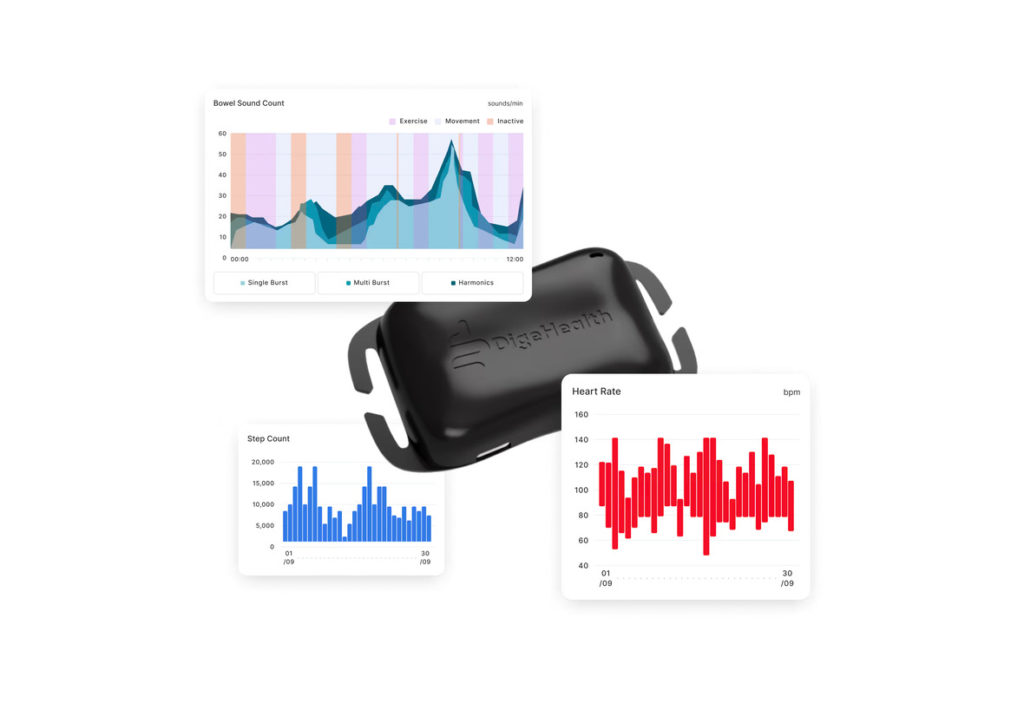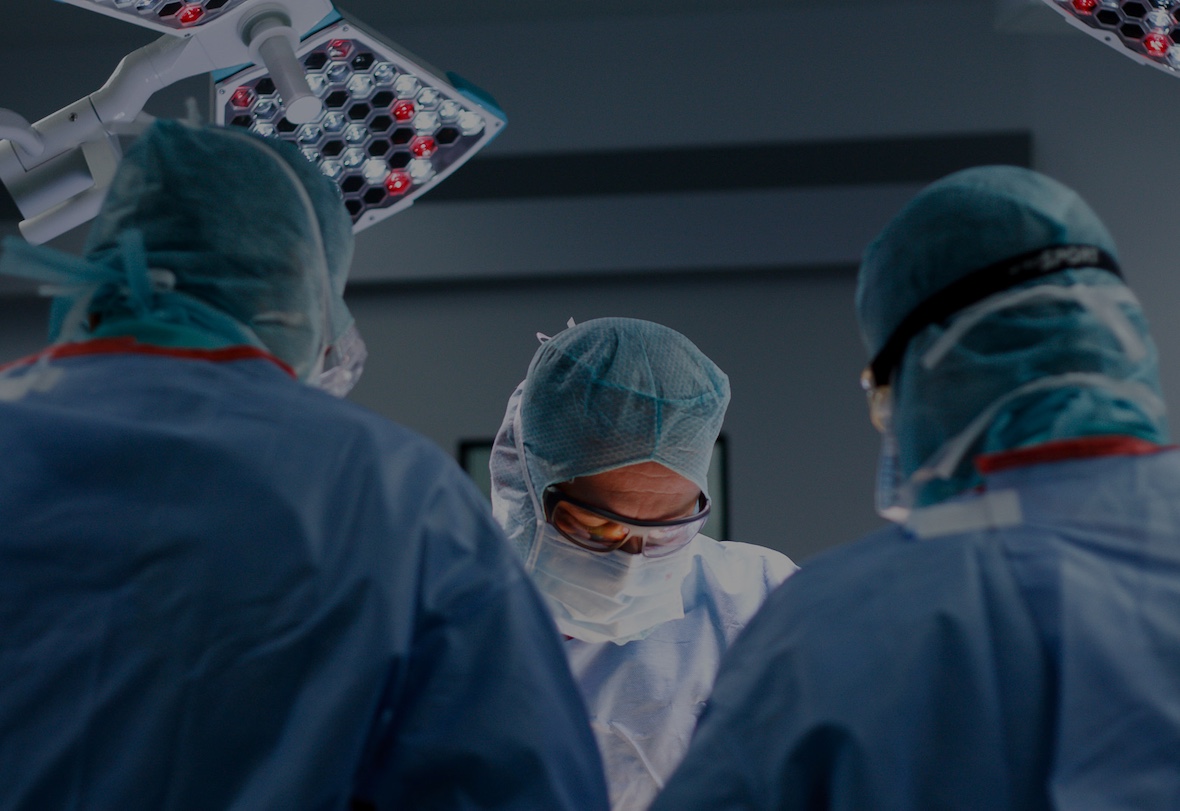
ORamaVR and Compremium unveil new tools for surgical training and diagnosis
2 July 2025
 ORamaVR’s immersive solutions aim to train future surgeons in high-fidelity simulated environments. | © ORamaVR
ORamaVR’s immersive solutions aim to train future surgeons in high-fidelity simulated environments. | © ORamaVR
Western Switzerland medtech start-ups ORamaVR and Compremium are progressing toward clinical validation of their technologies, targeting major improvements in surgical training and cancer diagnostics.
Geneva-based ORamaVR has published the results of a clinical study validating the benefits of its immersive training solution. The startup develops an AI-powered XR (extended reality) platform for medical training, aiming to reduce reliance on traditional teaching methods and accelerate skill acquisition. In a recent trial focused on thyroid surgery, general surgery residents trained with ORamaVR’s simulation module showed faster procedural times and improved surgical performance compared to those using conventional learning materials.
Published in the British Journal of Surgery, the results underscore the value of ORamaVR’s Computational Medical XR (CMXR) platform in enhancing both learning outcomes and clinical efficiency. The study confirms the startup’s ambition to contribute to addressing the global shortage of healthcare professionals by offering scalable, realistic, and cost-effective training solutions.
Compremium, the Bern-based medtech company known for its collaboration with NASA, has launched a first-in-human study of a new diagnostic tool for thyroid cancer. Conducted in partnership with the University Hospital of Bern (Inselspital), the trial explores the clinical value of non-invasive measurements of tissue compressibility.
The technology builds on Compremium’s FDA-cleared platform, which enables real-time visualization of tissue stiffness. Since malignant nodules are typically firmer than benign ones, this approach may help physicians better distinguish between the two and reduce the number of unnecessary thyroid surgeries. If successful, the implications could extend to diagnosing other types of cancer.
Compremium’s medical device has already undergone validation in over 40 clinical studies across more than 30 indications. This latest initiative adds to the company’s growing clinical footprint and highlights the potential of Swiss-led innovation in non-invasive diagnostics.
Together, these milestones reflect Switzerland’s ability to support medtech innovation from early-stage research to clinical application, strengthening its position as a hub for medical technologies that improve patient care and system efficiency.

